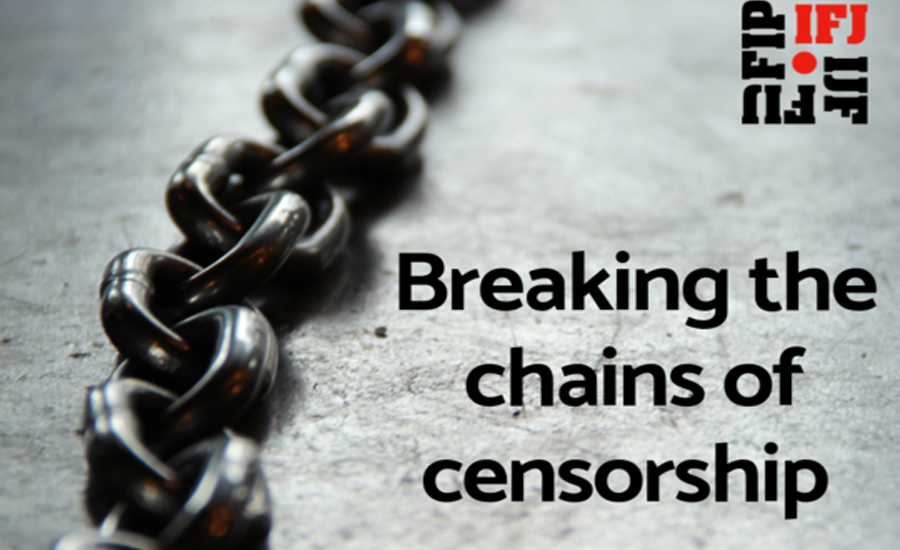Dragana Trifković sent a letter to the International Federation of Journalists, the Association of European Journalists, the Committee to Protect Journalists, the Union of Journalists of the Russian Federation, Reporters Without Borders and other international professional organizations, about the alarming situation in the Serbian media.
The International Federation of Journalists acted very professionally and responded quickly to the letter.
Answer of the Deputy Secretary General of the International Federation of Journalists, Mr. Jeremy Dear is below:
Dear Dragana
Thank you for your letter – and for detailing the threats and attacks you and your colleagues have faced.
The IFJ and its European body – The European Federation of Journalists – is well aware of the issues facing Serbian journalists and has reported extensively on attacks on journalists and media freedom and has also reported cases to the Council of Europe mechanism for the protection of journalism so as they can be raised directly with the Serbian authorities.
We will continue to monitor and speak out about violations of media freedom in Serbia and raise such attacks at the appropriate international fora.
Regards
Jeremy Dear
11. August 2020.

